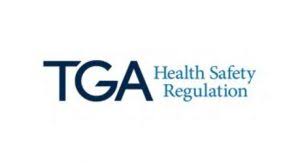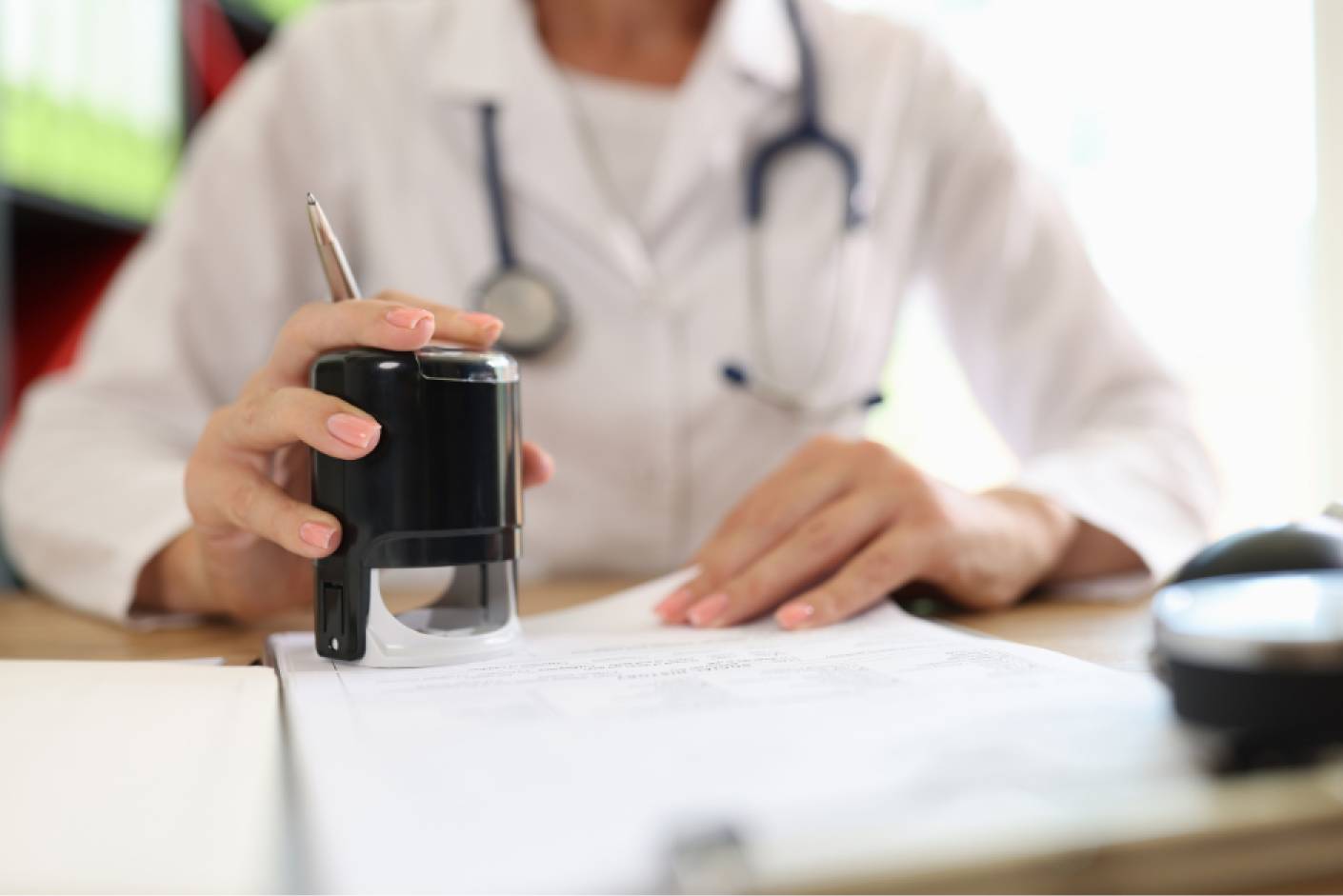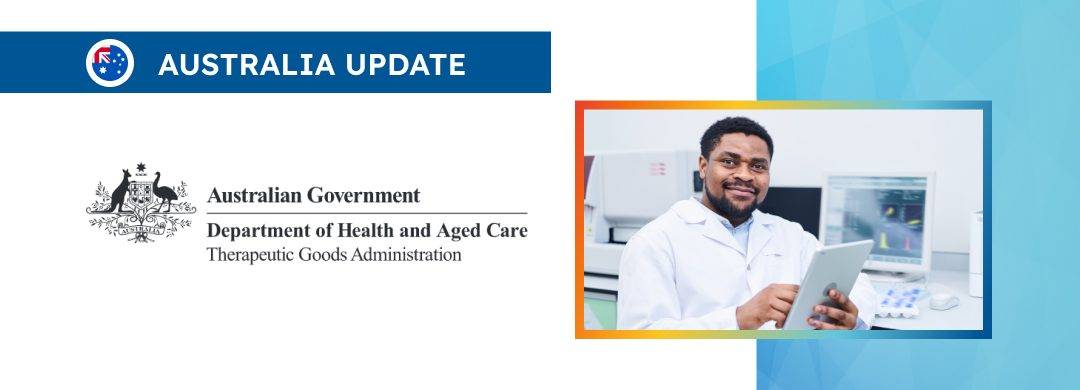The Therapeutic Goods Administration (TGA), an Australian regulating authority in the sphere of healthcare products, has published a guidance document dedicated to the use of market authorization evidence from comparable overseas regulators/assessment bodies for medical devices (including in vitro diagnostic ones) for abridgement of TGA conformity assessments and as information required for applications for inclusion in the Australian Register of Therapeutic Goods (ARTG).

Table of content
The document provides an overview of the applicable regulatory requirements, as well as additional clarifications and recommendations to be taken into consideration by medical device manufacturers and other parties involved in order to ensure compliance thereto.
At the same time, provisions of the guidance are non-binding in their legal nature, nor are they intended to introduce new rules or impose new obligations.
The authority also reserves the right to make changes to the guidance, should such changes be reasonably necessary to reflect corresponding amendments to the underlying legislation.
The document is structured to assist applicants in using the evidence from overseas regulators and assessment bodies to support their applications for market authorization of medical devices, including In Vitro Diagnostics (IVDs), in the Australian market.
Regulatory Background
First of all, the document mentions the Australian Government’s acceptance of recommendations from the Expert Panel Review of Medicines and Medical Devices Regulation.
One of these recommendations was the improved utilization of marketing approvals of medical devices, including IVD medical devices, from comparable overseas bodies.
These bodies must either be designated to undertake conformity assessments or be approved by a comparable overseas national regulatory authority.
This initiative aims to make the market authorization process more efficient without compromising the regulatory authority of the TGA over the market authorization of therapeutic goods in Australia.
However, it is clearly stated that the TGA continues to retain full responsibility for making decisions regarding the market authorization of these goods.
The TGA further explains that this guidance is based on specific legislative instruments.
These include the Therapeutic Goods (Overseas Regulators) Determination 2018 and the Therapeutic Goods (Medical Devices – Information that Must Accompany Application for Inclusion) Determination 2018.
These instruments prescribe the framework within which overseas evidence can be utilized while in case of any inconsistencies between the instruments and the guidance the former should prevail.

Overseas Evidence Consideration
The document specifies the type of evidence and documentation that the TGA will consider from overseas regulators and assessment bodies.
This includes certificates issued by Notified Bodies in the EU, decisions from the FDA, approvals from Health Canada, pre-market approvals from Japan, registrations from the Singapore Health Sciences Authority, and certificates and reports under the Medical Device Single Audit Program (MDSAP). Additionally, ISO 13485 certificates issued by designated bodies, along with an EU Declaration of Conformity, are considered.
In order to be acceptable, the evidence provided must be for the same medical device, with identical design, intended purpose, and indications for which the application is made in the ARTG.
Application Requirements
The document highlights that there are no changes to the existing regulatory requirements for the safety, quality, and performance of medical devices in Australia.
It also specifies conditions under which TGA assessment fees can be reduced for medical devices, signifying a potential financial benefit for applicants who use overseas evidence.
Part A – Abridgement of TGA Conformity Assessment
In the section on the abridgement of TGA conformity assessments, the document explains how applicants can provide documents from specified overseas bodies to facilitate the TGA’s evaluation process.
This includes a detailed explanation of the requirements when relying on overseas approvals or assessments, with specific reference to MDSAP reports.
Table 1 in the document provides a comprehensive list of relevant documents against conformity assessment procedures. Examples are provided to illustrate the use of overseas audit evidence in initial applications for TGA conformity assessment certificates.
For instance, in accordance with one of the examples included in the document, the initial application for a conformity assessment certificate using overseas re-audit evidence requires:
- A Design and Production QMS assessment
- The manufacturer has an EU Medical Device Directive (MDD) Full Quality Assurance (FQA) audit report
- The FQA audit report is a recertification audit report (re-audit) that covers the same manufacturing sites and device categories as [the] application.
Conclusion
In summary, the present TGA guidance outlines the key requirements to be considered, as well as the most important conditions to be met in order for the overseas evidence to be acceptable in the context of applying for marketing approval in Australia.
The document provides additional clarifications based on the existing legal framework and is generally intended to guide interested parties through the process.
How Can RegDesk Help?
RegDesk is a holistic Regulatory Information Management System that provides medical device and pharma companies with regulatory intelligence for over 120 markets worldwide. It can help you prepare and publish global applications, manage standards, run change assessments, and obtain real-time alerts on regulatory changes through a centralized platform. Our clients also have access to our network of over 4000 compliance experts worldwide to obtain verification on critical questions. Global expansion has never been this simple.

